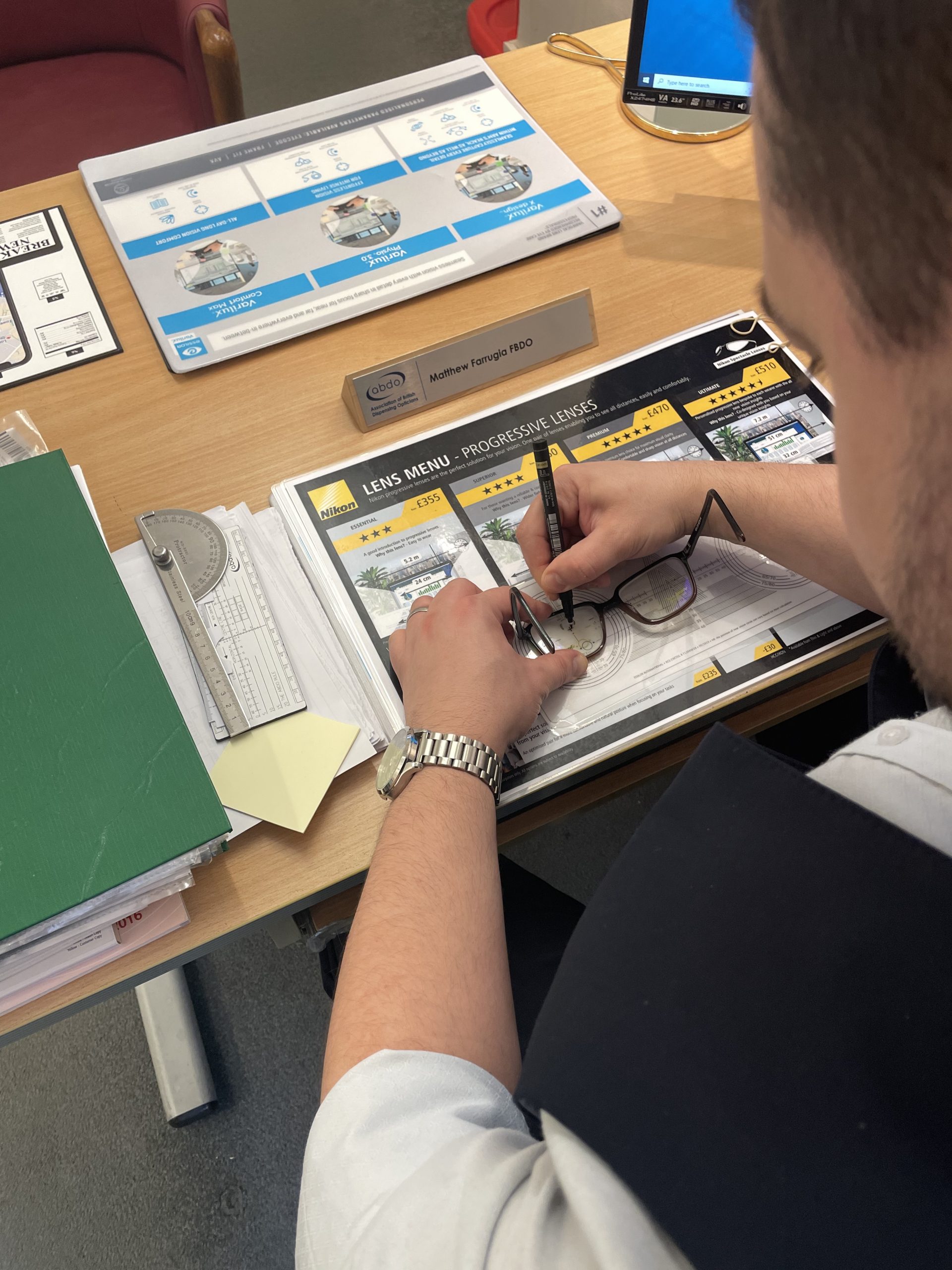Dispensing optician Matthew shares the lessons he’s learned about living well with mental health challenges
I did not realise it at the time, but I had depression while at a previous workplace and while studying for my diploma. I felt I was weak and that no one would understand.
I thought ‘I can beat this alone’ but I could not and it did get to the desperate point that I considered taking my own life; the only thing that stopped me was the thought of my son and wife dealing with the aftermath.
I hit rock bottom. I previously had tried counselling and some medication; for me this did not work, although many people do find these treatments helpful.
My local NHS offered self-referral for psychological well-being and I received one-to-one CBT (cognitive behavioural therapy). This worked to an extent but the underlying issue still prevailed. My wife and family did their best to try and understand it too – their support has been incredible.
Eventually I qualified as a DO and moved to an independent firm. Since then, I have gone from strength to strength. I no longer need medication and I can honestly say, I am truly happy in all areas of my life. I now practise a positive mindset on a daily basis.
1. First and foremost – it is ok to feel this way! There is still too much negative stigma attached to our mental health. We tend to think we always have to put our best face on and hide how we truly feel. That is fundamentally wrong. It is ok to feel the way you do.
2. Try to identify the source. This can be tough but consider factors such as being burned out and not taking enough rest. Are you under excessive pressure? Or worrying about something specific that has happened recently?
3. If you are studying, try not to think about your academic work in one complete block. Focus on the here and now. Break your tasks down into something much more manageable. For instance, if you are at ABDO College don’t think about needing 51 case studies over three years. Instead, look at it from a less daunting angle, such as two case studies a week. That’s something you can achieve.
4. Confide in someone you trust. Explain how you are feeling and how long this has lasted. Sometimes an alternative perspective can allow you to look at things differently. Consider speaking to your college or employer and asking for support. Talk to your GP and see ‘Help and advice’ below.
5. In CBT I was taught to make myself do things I had once enjoyed but had stopped doing. This could be a hobby, or just going for a walk. Fresh air and exercise, just getting out of the house, really do lift your mood.
We all have a fire within ourselves that continues to burn even when we doubt it. Sometimes we all need a little fuel – help – to reignite it. Don’t be afraid to reach out. Speak to your loved ones, friends, education institute, employer or GP. You can live well.
Help and advice
- If you have thoughts of harming yourself please contact The Samaritans – available all day, every day. T 116 123 or The Samaritans
- For help with mental health at work, see Mind at work
- Find advice and information at Mind
Further information
More from Matthew: Neurodiversity and careers in optics

